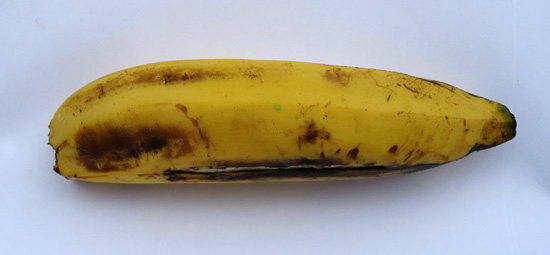Grain, an international NGO that “promotes the sustainable management and use of agricultural biodiversity” has issued a somewhat jaundiced review of the recent anouncement by the Bill and Melinda Gates Foundation and the Rockefeller Foundation of a new Alliance for a Green Revolution in Africa. Grain insists that the first Green Revolution did not bypass Africa: “It failed. It was unpopular and ineffective.” The NGO goes on to say that on the evidence available, the new effort will fail for the same reasons, because the approach it adopts is unchanged.
What do you think? Do African farmers need new technology, such as improved varieties and fertilisers? Or are there other approaches that will help societies there to develop and feed themselves more effectively?
